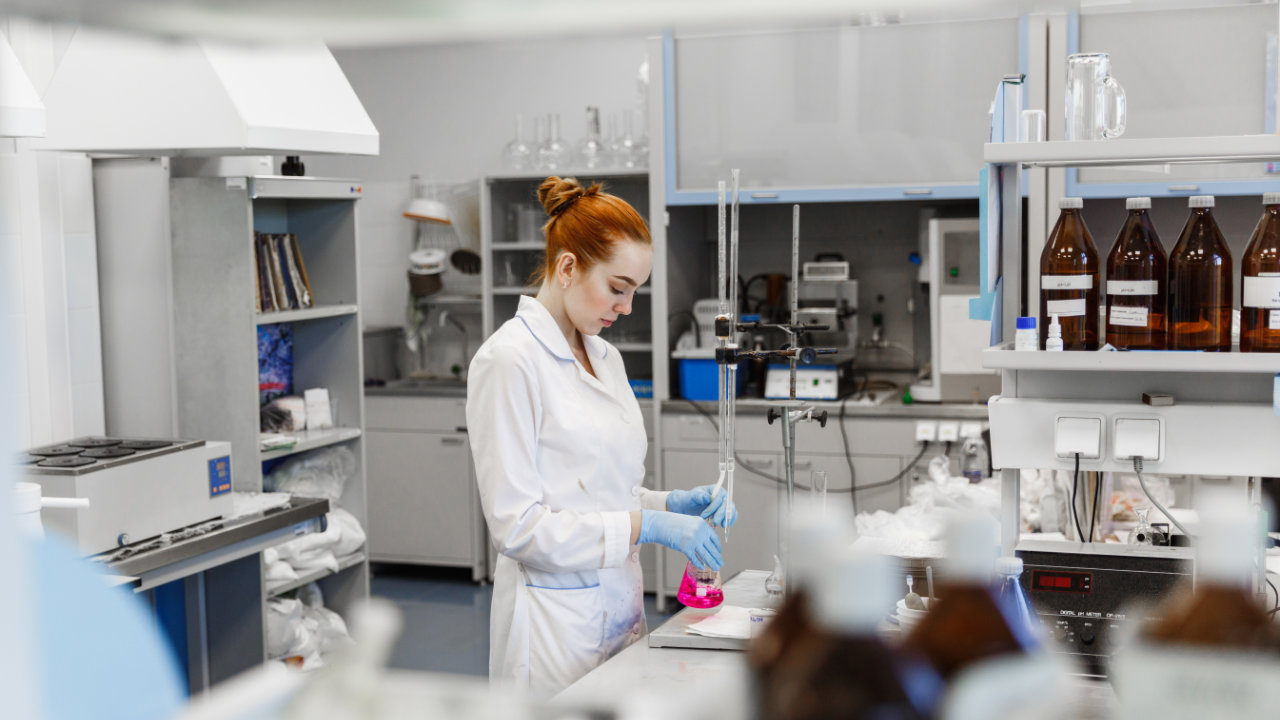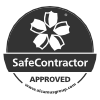When a customer says they do regular Legionella or TVC sampling, we always ask them why. It turns out that more often than not the answer is “because that’s what I’ve been told to do.” In other words, sampling is something that a previous company has advised their customer to do, even though in many cases it’s completely unnecessary.

Author
The article was written by Kris Rowland, our Head of Technical, Training and Compliance. Kris has more than 20 years of experience in the industry and is responsible for monitoring our clients’ compliance.
Sign up to our newsletter
Keep up to date with the world of water treatment

The need to arbitrarily take Legionella and TVC samples on all types of water system is a complete misconception, sampling is only to be undertaken when there is a clear rationale for doing so.
In this article we are going to distinguish between when and when not to sample:
What is a sample?
This is an interesting question as a ‘sample’ could be described as both an individual volume of water collected from a water system, or a group of bottles filled with water from a number of locations around a water system taken at the same time. For ease we shall consider a ‘sample’ to be an individual bottle of water taken from a specific point connected to a water system used for the detection of waterborne pathogens generally bacterial and fungal.
Types of samples that exist?
There are many different parameters both biological and chemical which can be analysed at a laboratory, the sample taken will depend on the type of water system being assessed.
At Aqualytix, we have the capability of sampling for many types of parameters including pathogens such as Legionella and Pseudomonas aeruginosa as well as general microbiological colony counts – commonly known as TVC’s. In addition to the biological parameters which can be tested for we also offer a wide range of chemistry parameters covering the testing required on water systems such as Steam raising boilers and closed heating systems.
Other common types of water systems which either require or can require sampling are: –
- Evaporative cooling towers
- Hydrotherapy and Spa pools
- Hot and Cold water systems
- Swimming Pools
When to sample?
Contrary to popular belief, there is no set frequency for sampling from all types of water systems. Too many organisations are taking samples without knowing why they’re doing it, how they are doing it or how to correctly interpret the results and that can cost both time and money.
For example, there is no requirement to arbitrarily take Legionella samples from a Hot and Cold system. Instead the rationale for sampling would generally fall into one of the following categories:-
- Where there is a failure of the control scheme
- Where a water system is transitioning from one control scheme to another
- Where ‘high risk’ individuals have been identified as having contact with the water system
- Where the water system has been linked to a suspected or confirmed outbreak of Legionellosis
Some of the few types of sampling that must be completed “arbitrarily” is for evaporative cooling towers and should form part of your maintenance plan. This is because they are called “high risk systems” which are known to create environments for breeding Legionella bacteria (which causes Legionnaires Disease), and therefore must be monitored as part of the control regime for contamination using sample collection and testing methods specific to Legionella. The key is taking the right samples from the right places in the system to obtain representative results that aid in decision making, no matter the system type.
The HSE and British Standards has documented guidance on sampling, this is what you and we are being measured against, and any reason for sampling that is not documented is therefore not necessary. Educate yourself on your water systems to avoid unnecessary sampling.
Read our article on Closed System maintenance plans: Why Everyone Should Consider A Closed-System Water Maintenance Plan
To find out more about when to sample, follow the guidance documented in –
Sampling when it is not necessary
Taking samples when not needed can lead to a false impression of the microbiological colonisation of a water system, especially when combined with taking the wrong type of samples, in the wrong way, from the wrong location and at the wrong frequency. A sample taken and analysed ‘on its own’ rarely gives a clear picture of the risk posed by a water system. To determine whether your water system is ‘under control’ it is vital to have in place a scheme of control with routine checks of the system assets and monitoring of the method of control – whether that be chemical or temperature. The water system should be viewed and monitored in a holistic manner (further detail can be found in ACOP L8, HSG274 Parts 1-3 and HTM 04-01 Parts A-D).
A New Legionella Sampling Standard: BS7592:2022 – Severn Trent Services (stservices.co.uk)
As an organisation we pride ourselves on acting in an ethical manner and as such we will never recommend sampling where there is no justification or rationalisation for doing so. Our team of experts are on hand to advise where sampling is required and as part of this service we will assist you in the creation of a sampling plan which ensures that the correct type of samples are taken, in the correct manner, from the correct locations and at the correct frequency.
If you believe you are in need of sampling, we have experts available to help you determine if you really need to take water samples. Contact us today for your free consultation!









